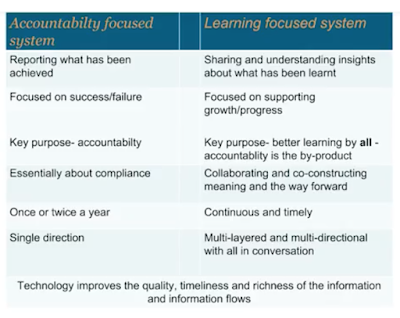Digital vs book reading

I have just been listening to a radio talk (November 2018) with a neuroscientist Mary Anne Wolfe on the difference between skim reading on screen vs deep reading in print. The screen develops faster processing of information and so can cover larger areas of a topic while print develops slower processing and deeper reading which is good for comprehension and critical analysis. This may mean less time on checking facts and alternative viewpoints but she noted that teachers can teach deep reading on screen. The teacher must ask "What is the purpose of the learning" and match purpose to mode as students need to have skills in both skimming and deep reading. When I started working in a paperless school with Beginning teachers, I noticed the difficulties they were having in keeping students on task and not being distracted by the digital media. I suggested that perhaps in the afternoon periods when the students are usually less alert that they use textbooks and paper. It w...





